Map of Sustainability
Explore our projects across Türkiye under the themes of circularity, financing, and environmental impact.
Explore Our 3D Map


30
Years of Experience

%100
Renewable Electricity Generation

85
S&P Global ESG Score

537,769 MW
Total Installed Power

4500+
Electric Vehicle Charging Stations

%51
Emission Reduction

We differentiate ourselves among industry players by complementing our engineering, procurement, construction, operation, maintenance, and repair services with our extensive experience and corporate values.

Palestine
Capacity
1,5 MW
2020

Denizli, TÜRKİYE
Capacity
0,99 MW
2008
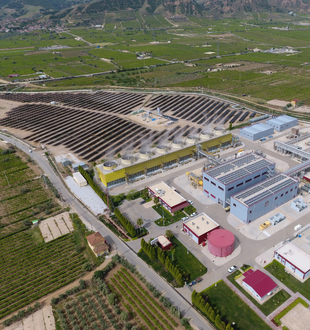
Manisa, TÜRKİYE
Capacity
3,588 MW
2011
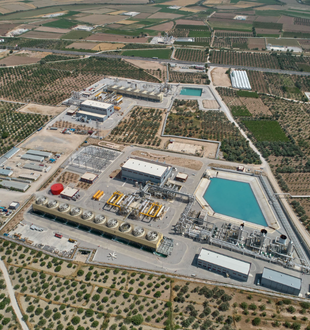
Denizli, TÜRKİYE
Capacity
260 MW Elektrik
2013
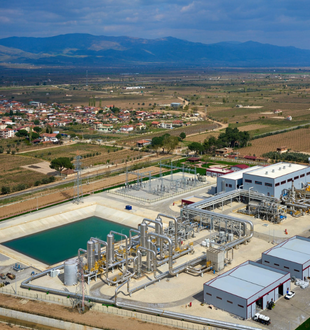
Manisa, TÜRKİYE
Capacity
45 MW
1998
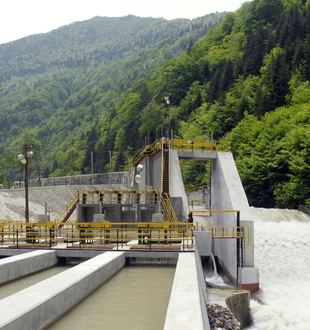
Rize, TÜRKİYE
Capacity
24,94 MW Elektrik
2008

Erzincan, TÜRKİYE
Capacity
15 MW Elektrik
2008
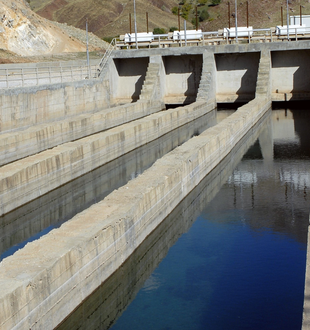
Tunceli, TÜRKİYE
Capacity
20,4 MW Elektrik
2008

Pakistan
Capacity
56,4 MW
2013

Eskişehir, TÜRKİYE
Capacity
16,8 MW Elektrik
2008
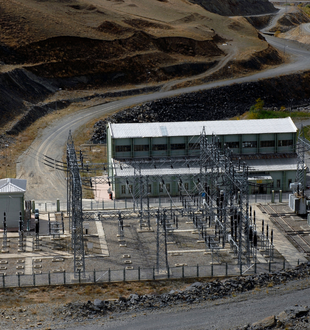
Erzurum, TÜRKİYE
Capacity
20,9 MW Elektrik
2008

Kars, TÜRKİYE
Capacity
15,4 MW Elektrik
2008

Tokat, TÜRKİYE
Capacity
5,5 MW Elektrik
2008
It continues its research and investment activities in the field of solar energy, which is one of the areas where our country has high potential in terms of clean, green and sustainable energy.
With our domestic and renewable energy investments, we are building a sustainable future and contributing to reducing our country's dependence on foreign energy. While ensuring continuity and security in energy supply, we invest in cutting-edge technological solutions.
Keşfet

We differentiate ourselves among industry players by complementing our engineering, procurement, construction, operation, maintenance, and repair services with our extensive experience and corporate values.
Explore

Explore our projects across Türkiye under the themes of circularity, financing, and environmental impact.
Explore Our 3D Map